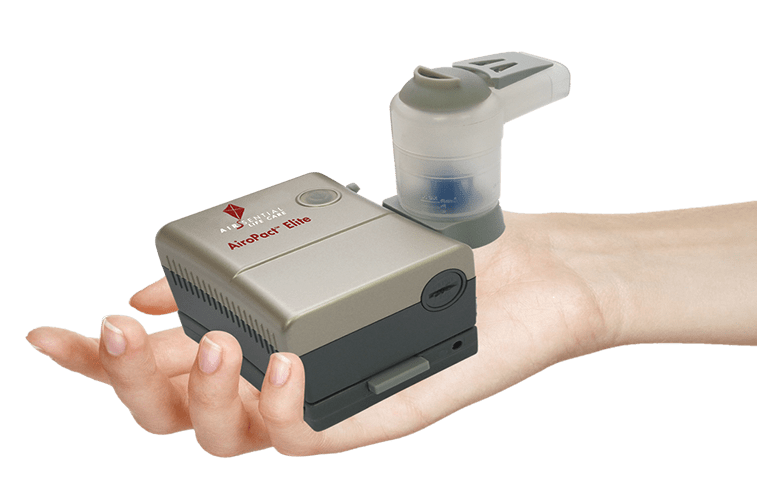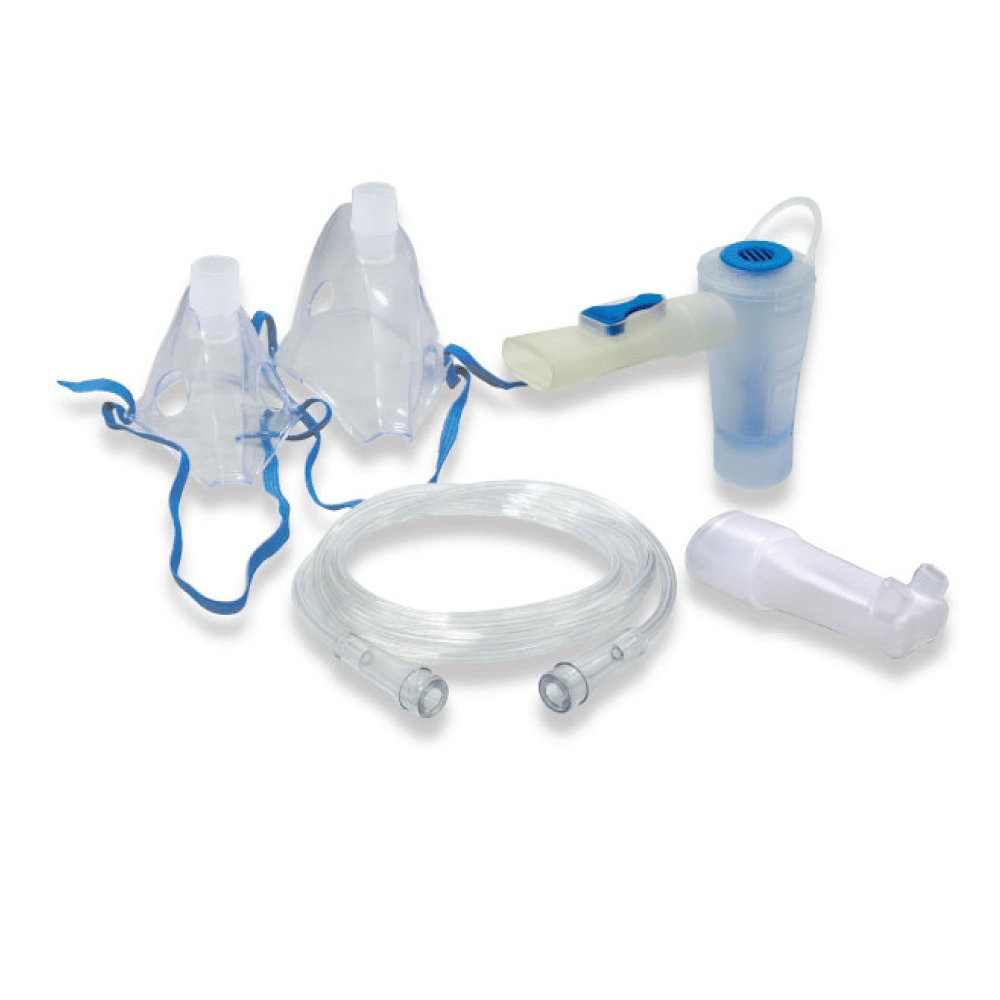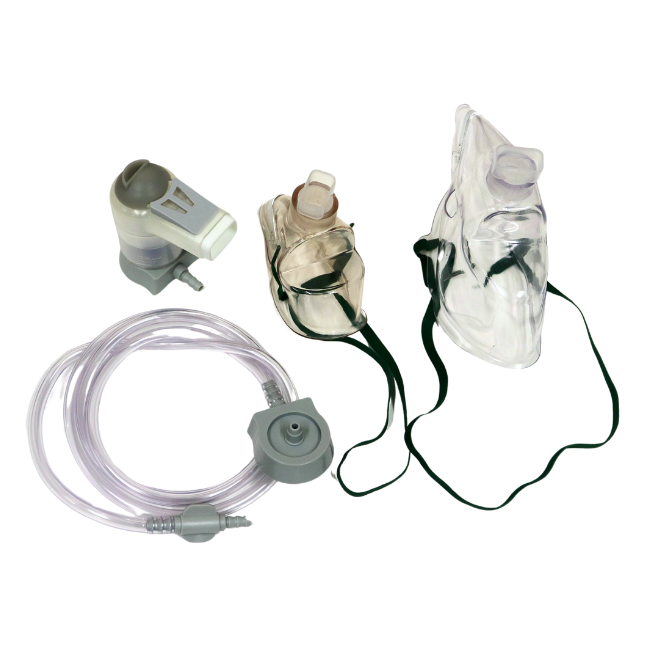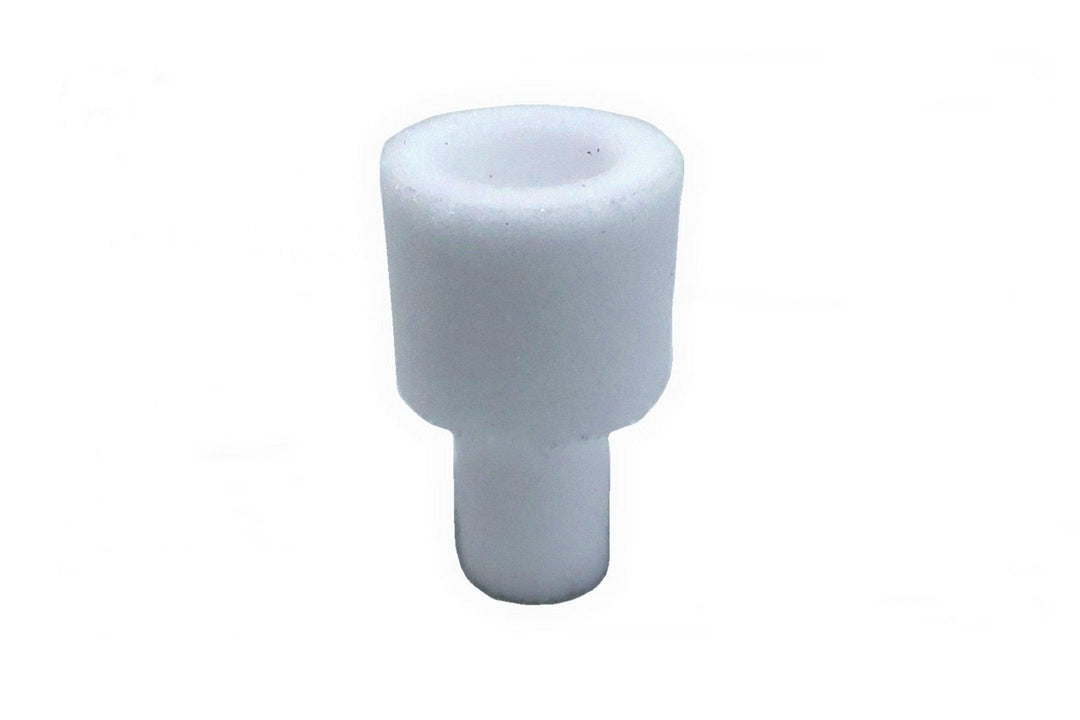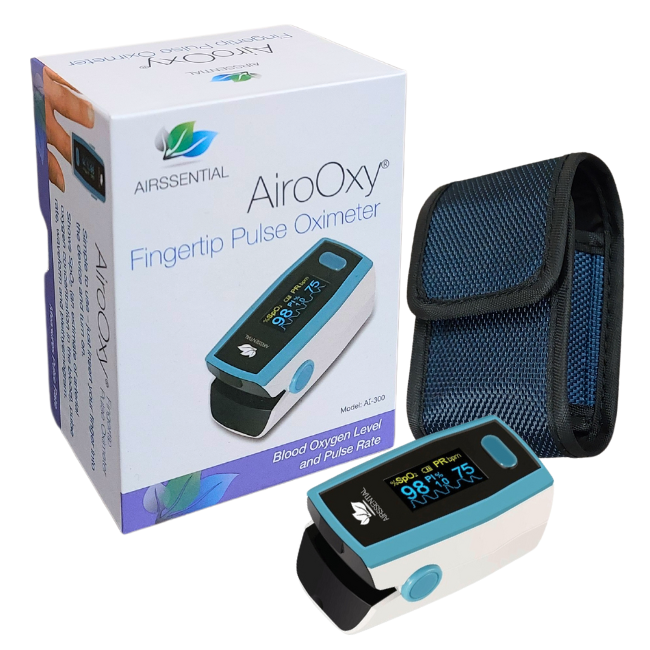
Nebulisers and Spacers
4 Ways to Avoid Asthma Hospitalisation
Attending a hospital emergency department is a stressful and frightening experience for anyone who has suffered a severe breathing or asthma attack. However, emergency department visits can generally be prevented if you take the precautions to better manage your condition at home. Read on to find out how you can manage your asthma and avoid visits to the ER.
Carefully Choose Therapy Devices
Firstly, the medical devices chosen to treat your condition should be fit for purpose. Do not purchase your equipment based on cost. Purchase your required equipment by considering if the device provides the appropriate specifications to adequately treat your condition in terms of what medications are being used, the frequency of medication usage and whether the equipment has the durability and speed to treat your condition. Your pharmacist will be able to guide in these areas. Equipment and accessories must be reliable and maintenanced (or accessories replaced) as recommended by their manufacturer.
Airssential has an extensive range of nebulisers and spacers to meet every patient requirement. Our equipment is suitable for either clinical, personal use at home or when travelling to treat numerous respiratory conditions including asthma, chronic obstructive pulmonary disease (COPD), bronchitis, emphysema and cystic fibrosis, in either children or adults. We also provide accessories for nebulisers and aerosol spacer chambers to assist you with specific management of your condition.
Monitor
The regular use of nebulisers and spacers requires daily monitoring of your condition at home, using devices such as peak flow meter or an oximeter.
These devices can monitor how well your treatment is working, lung function or your blood oxygen level but most importantly they provide an early warning of deteriorating breathing prior to the beginning of symptoms. In many cases, breathing function has deteriorated by 30% or more before symptoms appear, meaning that the condition is too advanced and there is insufficient time to respond to symptoms at home.
The early warning provided by monitoring devices allows home intervention to begin much earlier and often with ample time to prevent hospitalisation.
Avoid Your Allergy Triggers
If you have asthma that’s difficult to control, discuss with your doctor a referral to an allergy specialist to investigate if the underlying cause is expose to specific triggers (called antigens). If this is the case, it's important to know what your allergy triggers are, and to avoid them. Treating your allergies with medication and avoiding your triggers will decrease the frequency and severity of your asthma attacks.
Follow Your Asthma Plan As Necessary
Finally, if breathing is deteriorating or symptoms arise quickly, it is of the utmost importance that you are prepared to initiate the change in medications and therapy as described in your asthma management plan.
Consult with your doctor to ensure an asthma plan has been prepared for you and is kept available at home for reference. Clearly understand when and how to implement the asthma plan and that any extra medication prescribed in your plan is pre-purchased and readily available at home for use.







